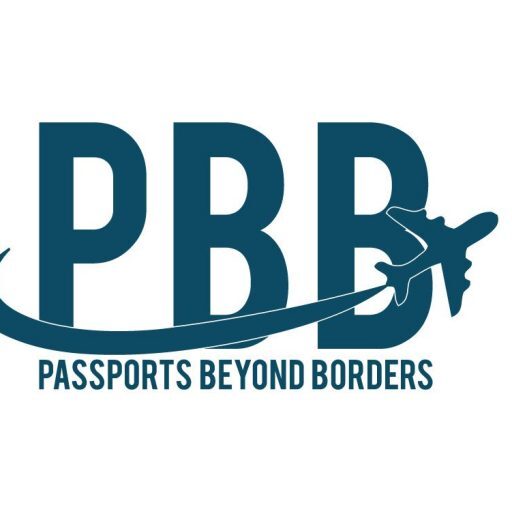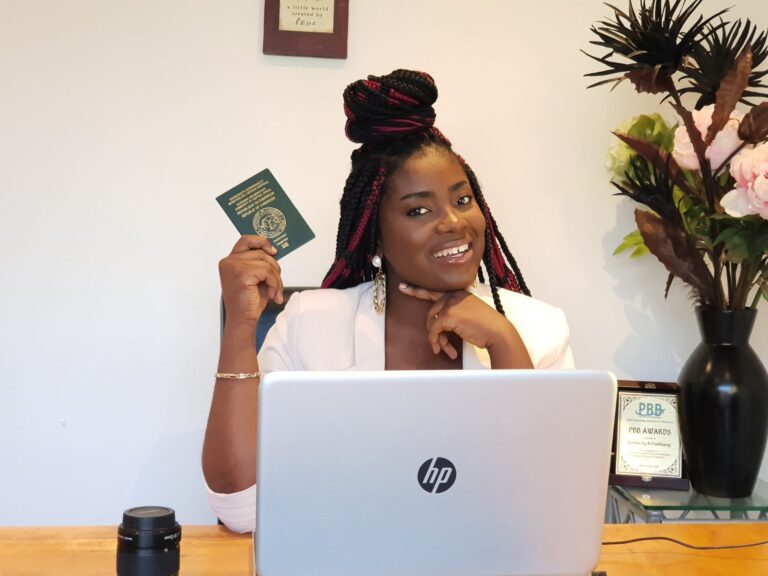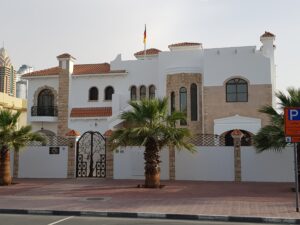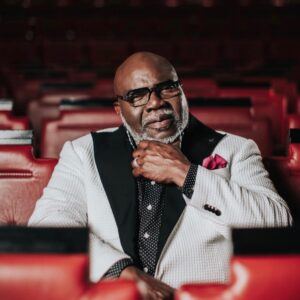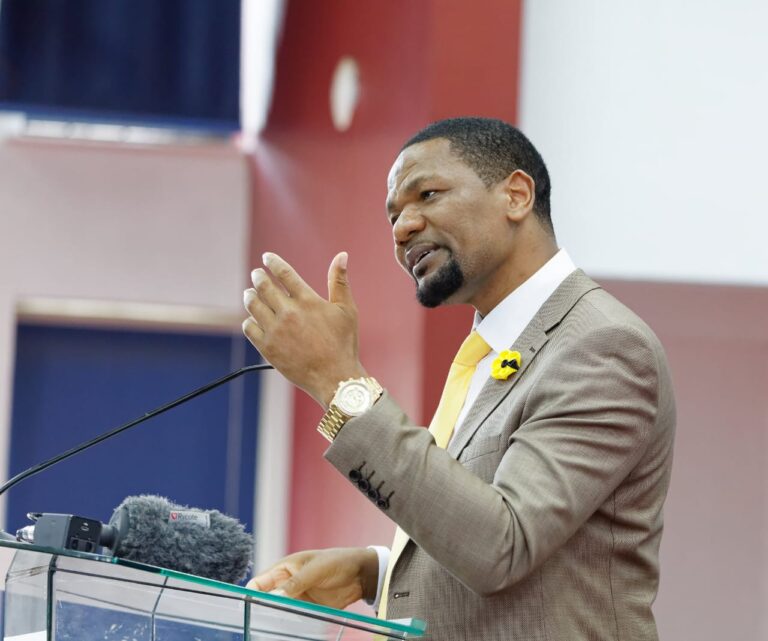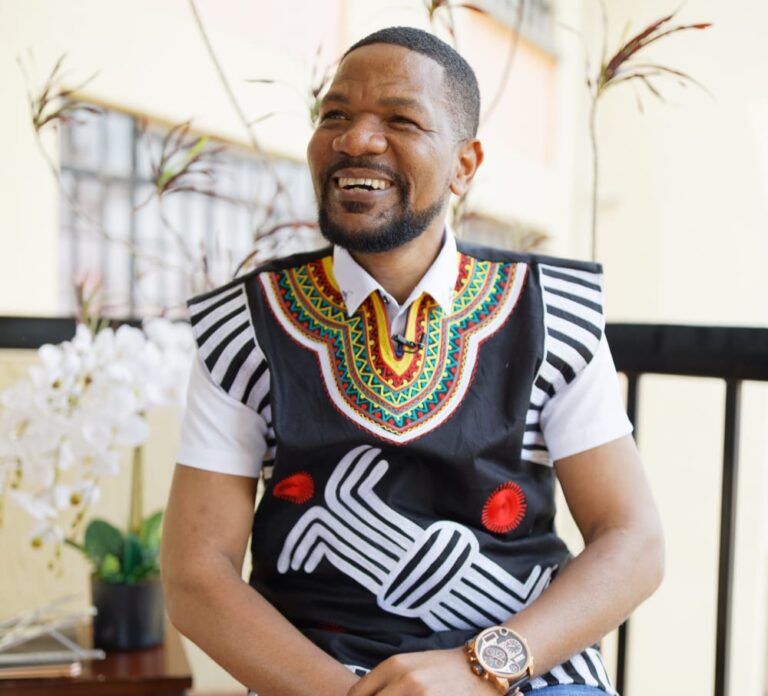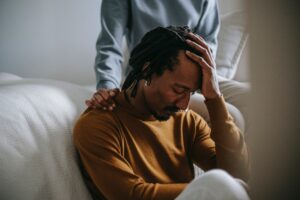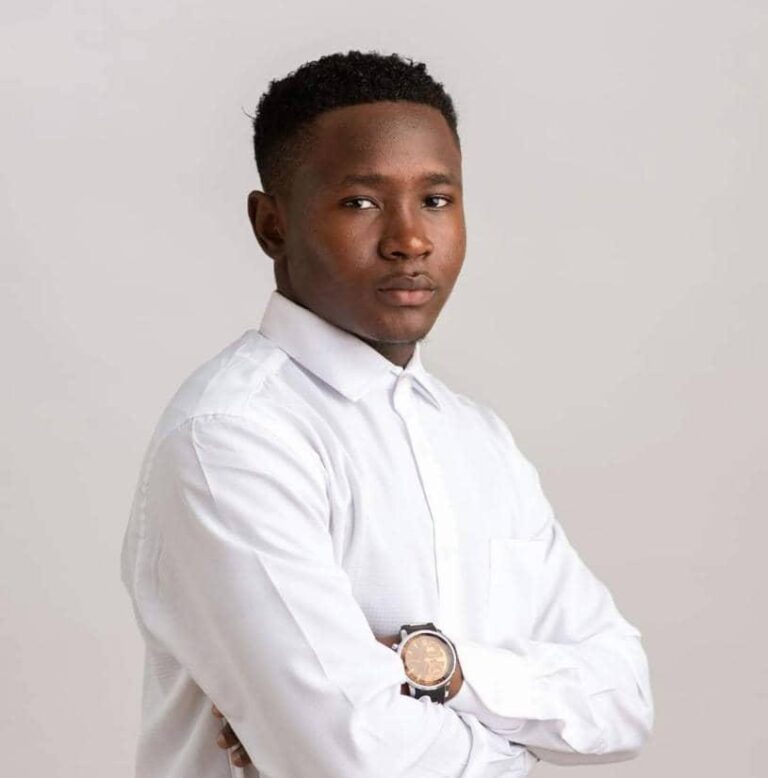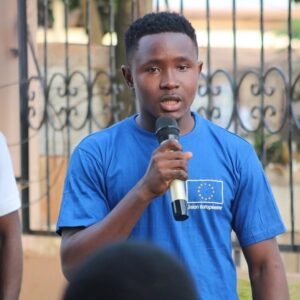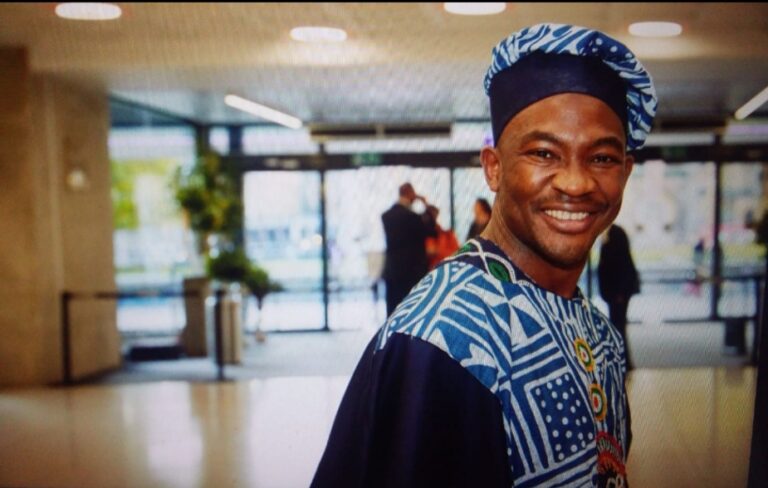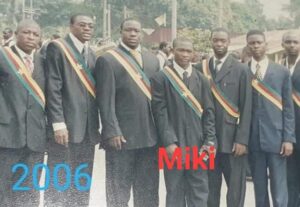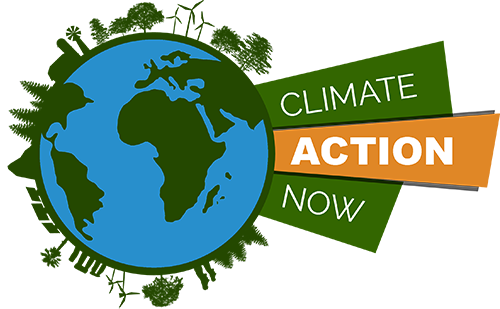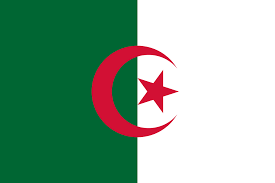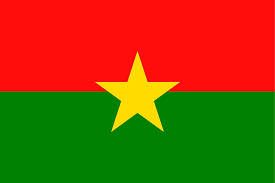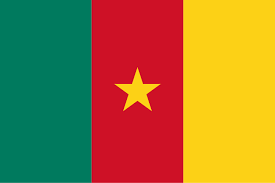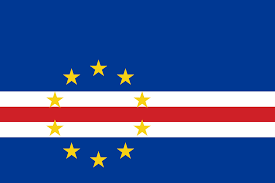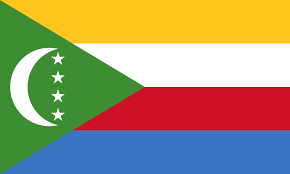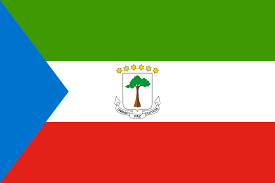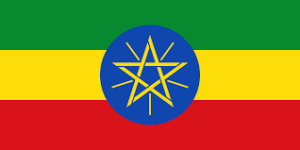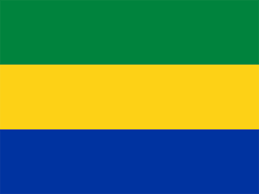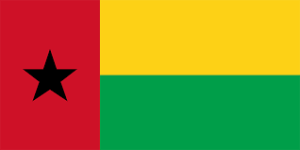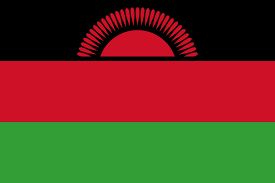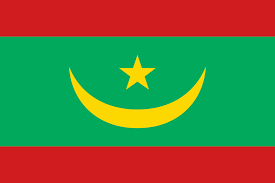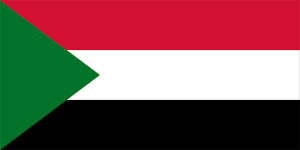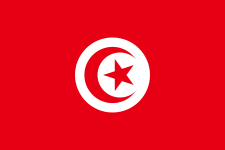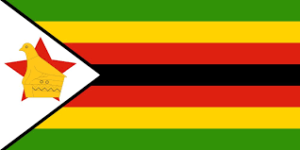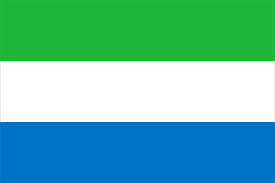I am Afor Nkwenti and I grew up in two towns; Douala and Bamenda. My primary school years were spent in Douala after which I continued my secondary education in Bamenda. I attended our lady of Lourdes College-Mankon and Saint Augustine Banso. As the last child in a family of three where I am the only girl, I grew up with my mum under very restrictive conditions. The point is, every other person (my brothers) had the liberty of going out with friends. As male children, they didn’t have any house chores but enjoyed all the privileges such as unlimited access to the TV, the freedom to go out and play with friends, just to name a few. I, as the only female child, didn’t have access to the aforementioned luxuries, coupled with extra responsibilities to stay home, cook, and carter for the entire household.
With such iron-fisted conditions at home, I had to compensate for the denied pleasures by playing a lot at school. I played so hard that concentration on my studies became near impossible. This resulted in my poor performance at exams making it impossible for me to feature amongst the first five (5) in class as was the case with my brothers. Due to this poor performance, I was subjected to extra punishment; the house rules became more stringent, while my brothers went on holiday, I didn’t have the opportunity to go. If they had any extra gifts from our parents during the holidays, I was excluded from any pleasantries. Clearly, my family had lost all hope in me. They feared I was never going to make it in life.
Even when I came home with good results, they didn’t believe me. My mother even went back to school sometimes to check the veracity of these improved results.
I struggled through advanced level, sitting in for the exams thrice before I could pass. The first failed attempt could be accounted for by an accident that kept me away from school for close to 4 months. I was doing the S3 series(Biology, Chemistry and Math). I think I was very good in math, whereas I struggled with Chemistry and suffered mediocrity in Biology. I loved math because it was straightforward. I was poor in Biology because I couldn’t retain worded text. I just preferred numbers.
During my third try of the advanced level, one of my teachers nicknamed Mr Baja advised me to take up Further Mathematics. I did and passed the Advanced Level Certificate in 2009 validating just 2 papers.
Then my mum sent me to a professional school; ESG ( Ecole Superieure de Gestion) in Douala where I excelled beyond expectation and got my HND in Banking and Finance and later, a BSc. In Finance and Computation which came as a glimmer of hope for me indicating that I wasn’t a complete failure after all.
Few months after my Bsc., I got an internship offer at I-Engineering with a salary of 60.000 CFA which got me excited to the point of promising to buy a new bed for my mother. With laughter, she retorted saying; “60,000fcfa of salary and you are already intending to change my bed, it means if you are paid 1million, you will buy me a house!”
Two weeks into my internship the CEO of I – Engineering Cameroon was so impressed with my performance and decided to offer me a 1-year contract. I excelled beyond expectations and was awarded employee of the year twice due to my outstanding performance.
I grew from officer to Manager of Finance operations at I – Engineering.
Then in 2019, I was in limbo about furthering my education or start a business. I have always had a side hustle right from my secondary school years. I grew up with an entrepreneur mom and this inspired the entrepreneurial side of me.
I spoke to my elder brother and he made me understand education is never wasted so taking up a Master’s degree shouldn’t restrain me from my passion for business.
That was how I decided to begin my MBA in Project and Operation management (at the Geneva Business School) which I just completed. It was very challenging juggling an MBA alongside my work. On Fridays, I usually worked from home because classes spanned from 11 am – 4 pm. I did this for 18months and I must confess, my hard work has paid off. I learned exceptional Managerial skills.
The entrepreneurial side of me was still burning and in 2019, I started Affy Food – where we smoke a variety of meat for the local and international market. And Affy – Kids an event management company for managing events like birthdays, baby showers, christening ceremonies for kids.
Through this period I always admired Venatius; co-founder of 237 Development professionals and his career growth pattern. Inspired by him, I have been reading quite a lot about the developmental sector. So this has pushed me to do several courses to give my CV a competitive advantage considering I have no experience in this sector.
While waiting for that dream call for an interview and finally an employment letter, I remain very grateful Venatius Tsi Fon for coaching me through the process, to Tifuntoh Christopher for his unending assistance even at unorthodox hours to Kitio Eric Ndapu for his awesome hand of friendship and finally to baba with the brains Dr. Richard Munang who will not sleep if I have not gotten new knowledge.
The best advice I will give anyone is that continuous learning is most important. This learning will give you the opportunity to stand out amongst your peers plus. Humility is fundamental for your growth and personal development.
To crown it all, building a network is of utmost importance. This might not only triple your chances of landing a dream job, but also contribute to your ability to polish your interpersonal skills grazing your life with the rare opportunity to inspire others. After all, isn’t it often said;
“If your actions inspire others to dream more, learn more, do more, and become more, you are a leader!?.”
Did this story inspire you? Let us know in the comment section.
Edited for 237 Development Professionals by Techago Gabby Ngwewung
Follow 237 Development Professionals on Facebook and YouTube
